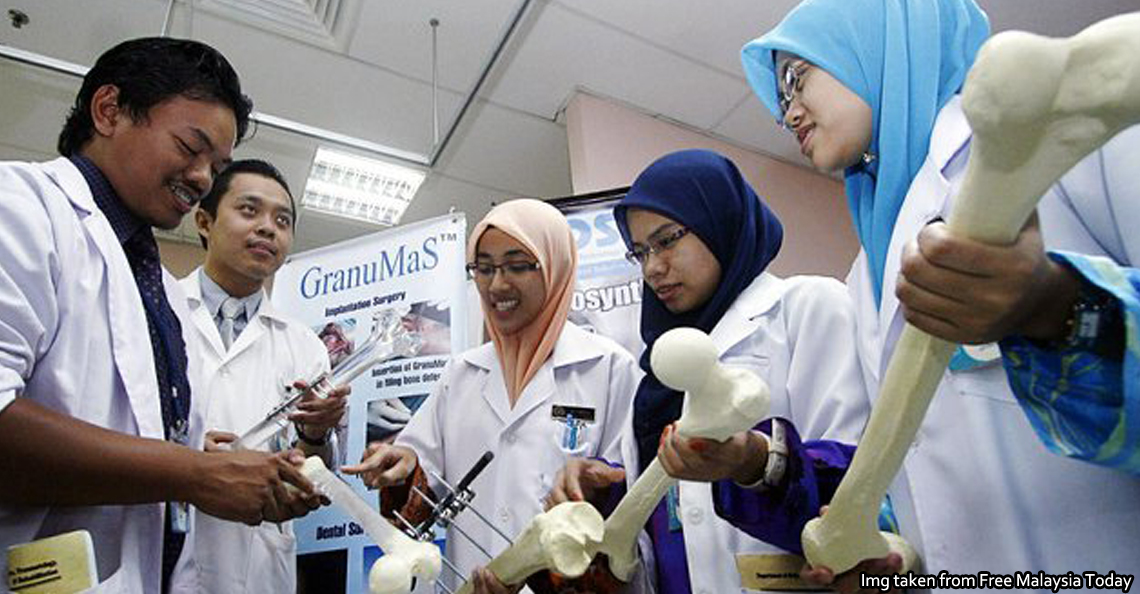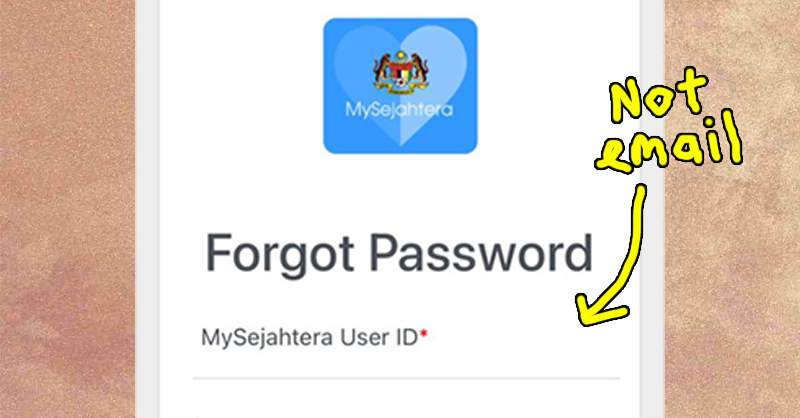Here’s why some doctors in Malaysia are still working 33-hour shifts

- 2.5KShares
- Facebook2.4K
- Twitter8
- LinkedIn22
- Email27
- WhatsApp86
[Artikel ini asalnya ditulis oleh rakan rakan kami di SOSCILI. Untuk baca artikel ni dalam BM, klik kat sini!]
Remember back in school, teachers used to ask us “What do you wanna be when you grow up?”

Besides the typical lawyers and architects, one of the most popular answers would be doctors. Besides being a noble profession, it also pays really well. But almost everyone knows how hard is it to be one. The studying alone is enough to put off some people. The actual job is just as demanding; some doctors work 24/7.
That’s why it was a sad thing when Sinar Harian recently reported on the pressure and dilemmas faced by Malaysian doctors. Some of them had to be continuously on duty for more than 30 hours at a time! The issue gets more heart-wrenching when some doctors got involved in road accidents and died because of it.
Some doctors die due to extreme fatigue
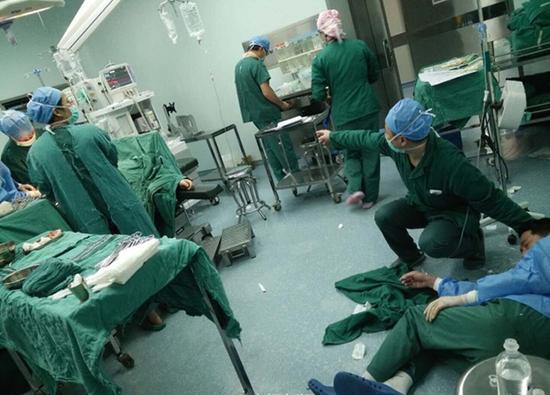
In 2015, a doctor died when her car lost control and ran into a tree during the drive back to her home. The doctor in question was Dr Afifah Mohd Ghazi, a 27-year-old Anesthetics Officer at the Sungai Buloh Hospital. It was believed that the accident happened due to her driving under extreme fatigue after working for almost 24 hours non-stop.
Last May, another fatal accident happened, this time involving Dr Nurul Huda Ahmad from the Universiti Sains Malaysia Hospital (HUSM). The accident happened while she was driving to Kuala Terengganu to meet her husband and three children. It was believed that Dr Nurul Huda just finished a 33-hour shift at that time.
“Regarding motor accidents, we realize that there are a lot of factors in play. Some of them are vehicle issues, terrible road conditions and other disturbances.
However, we can’t ignore the fact that fatigue or lack of sleep is also an identifiable and preventable factor.” – joint statement between medical officers and an unnamed NGO, as reported by Sinar Harian.
From what happened to Dr Afifah and Dr Nurul Huda, we can see how extreme working hours can affect a doctor’s health and cause fatal accidents. But how come doctors working overtime seem like a common occurrence?
The ‘on call’ system can make a doctor work 33 hours… continuously.

As we all know, medical and safety services like hospitals, the police and the bomba are vital to the community. Because of that, these services operate 24 hours a day, seven days a week. People working in these sectors will always be needed regardless of time and place.
One of the systems currently practiced in hospitals is the ‘on call‘ system, where an officer had to be ready to work after hours. If that concept sounded alien to you, here’s an example. Basically, a doctor’s working hours are from 8 in the morning to 5 in the evening. The on call system can be said to be a sort of overtime. For doctors, the hours are
- 5 p.m until 8 a.m the next day (15 hours) for normal working days (Mondays to Fridays)
- 8 a.m until 8 a.m the next day (24 hours) for weekends (Saturdays and Sundays)
This would mean that if a doctor had to be on call after his normal working hours, he or she would be working for more than 24 hours. If the doctor had to be on call on Mondays, for example, as he or she would be reporting to work at 8 a.m on Tuesday, which is when yesterday’s on call ended. That would mean the doctor worked for 33 hours straight! Can you imagine that?

“We (doctors) are happy to be of service but I believe it is slowly taking a toll on us. A doctor at a public hospital sometimes has to take care of up to 500 patients. Imagine the exhaustion.” – Dr Kuan (not his real name), in an interview with the Straits Times.
Doctors who have to be on call include medical officers, clinical specialists as well as medical consultants. Before this, housemen (hospital interns) also had to be on call, but now they follow a shift system and no longer work for 24 hours straight.
Doctors on call have to be at the hospital all the time to make sure that newly admitted patients can be optimally treated. They are also responsible in making sure that warded patients receive the same quality of treatment after hours. Today, resting rooms are provided by hospitals for doctors on call.
“On call duties at a hospital can be categorized as either highly busy or moderately busy. Highly busy on calls involve personnel in the anesthetics, emergency and accidents, pediatrics, medical, surgery and orthopedics departments.” –Prof. Dr Azmi Md Nor, President of Ikatan Pengamal Perubatan dan Kesihatan Muslim Malaysia (I-Medik), in an interview with SOSCILI.
During on call hours, those on duty will also be closely monitoring the patients they treat. For those working in the departments of surgery, obstetrics & gynecology, and orthopedics, they will also be performing emergency surgeries such as a cesarian section to save a drowning bBY and the like. The rest will be involved in treatments for critical patients as well as providing intensive care.
The on call system has to be done because there aren’t enough doctors in hospitals.
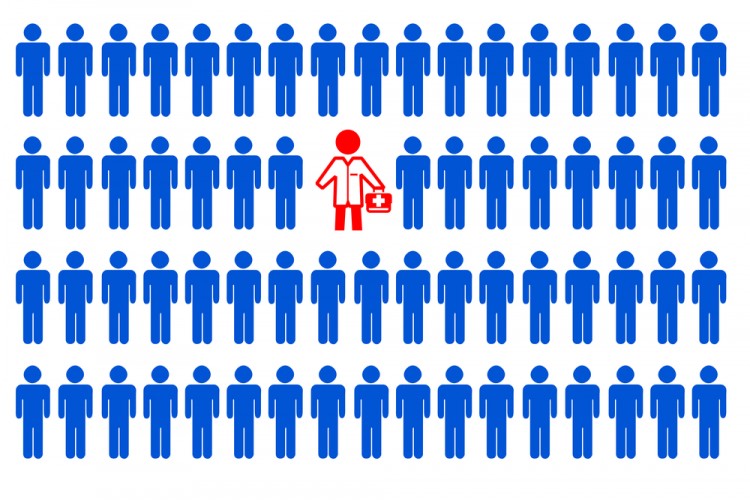
According to Malaysia’s Ministry of Health (KKM), one of the reasons why a doctor had to do more on calls is because the number of practicing doctors in Malaysia isn’t enough to support the number of patients. As of last year, there is one doctor in Malaysia for every 650 patients. The Ministry also faced problems when a lot of specialists resigned.
“…from January to September this year (2016), as many as 128 specialists have resigned while 124 did the same thing last year (2015)” – taken from Astro Awani.
Apart from that, Dr Azmi, the president of I-Medik had also stated that the departments at hospitals under the Ministry also don’t have enough medical officers and clinical specialists to perform their duties effectively. For example, officers from the Surgery Department not only does surgery-related duties, but other duties such as ward patrols, daily care and the like.
“The Ministry’s move in controlling the number of housemen through the contract system as well as medical officers not given permanent posts automatically will stall the implementation of more reasonable on call hours.” – Prof. Dr Azmi Md Nor, President of I-Medik, in an interview with SOSCILI.
It also seems that a higher cost of living is partially responsible for the recent spike in doctor-patient ratio. In 2005, doctors around Malaysia predicted that the implementation of GST will cause 1 in 5 patients to move from private hospital to government hospitals. While it was predicted that the shift will be temporary back then, an interview with a doctor earlier this month revealed otherwise.
“The number of patients has definitely doubled compared with several years ago. Most of the patients I have attended to have cited the higher cost of living as the reason they’re seeking treatment at public hospitals.” – Dr Kuan, for the Straits Times.
Another problem is when a large number of doctors refuse to move to other states that need them. This is the reason why some states have a shortage of doctors. According to Dr Azmi, in Sarawak there is only one doctor for every 1,500 patients!
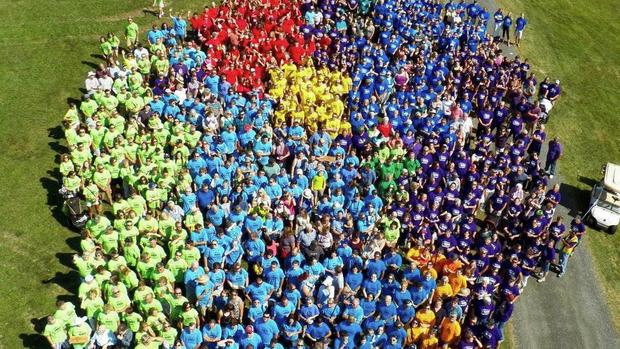
Criticisms and suggestions on the on call system had already been going on since more than 10 years ago. This can be seen in a complaint by the husband of a doctor to Utusan Malaysia back in 2006.
“…my wife was placed in a government hospital, and at that time she looked terrible. Imagine she had to work for more than 24 hours continuously for two or three times a week because of all the on call duties. For example, if she was on call on the 30th of March, she’d go to work at 8 a.m on the 30th and come home at 5 p.m the following day (31st March).” – A doctor’s husband, from Utusan Malaysia.
Due to the many negative effects of the on call system, the Health Ministry launched a study on the data and statistics regarding the participation of hospital employees and after work road accidents. However, this study was only recently launched and the results aren’t in yet.
A lot of medical graduates didn’t make it past their housemanship
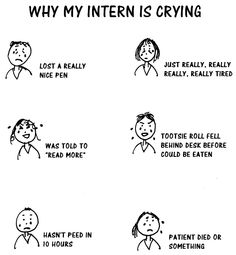
Housemanship is a term that replaces industrial training for medical students. Each medical graduate is required to go through a housemanship training program for two years before that can apply for a license to practice medicine in Malaysia.
These housemanship trainings, on the other hand, are only provided by hospitals approved by the government. This means that every single medical graduate has to apply for their housemanships at these hospitals. A majority of hospitals in urban areas receive a high number of applications, compared to hospitals situated away from big cities.
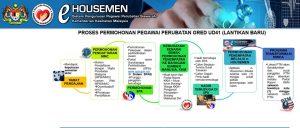
However, the growing number of medical graduates with each passing year means that housemanship vacancies are diminishing. In 2013, the average waiting time for every medical graduate to get a housemanship is 3 months, but that increased to 8 months in 2016.
This is a cause for stress for many medical graduates, as they have no chance to practice what they were trained to do. The increasing waiting times also caused their medical skills and knowledge to somewhat fade with each passing day.
Due to this, many among them eventually gave up on being a doctor. It’s quite shocking to know that some medical graduates chose to be waiters, work at night markets and became airline crews. This is a sad thing as the time and effort they poured in getting a medical degree is wasted just like that.
The government’s willingness in making a change is vital.
According to Dr Azmi, even though this issue had been put forth for quite some time now, it seems that the government isn’t taking this seriously yet. Therefore, this is a problem that can only be solved once the government becomes serious in planning a more effective method. It’s an important issue, as the welfare of the doctors as well as their patients are at stake.
“Medical associations in Malaysia need to take a stand that preserves the welfare of medical practitioners. They also have to take up the position of advisors and as pressure groups to the Health Ministry to improve the welfare of medical practitioners and in giving the best service to the community.” –Prof. Dr Azmi Md Nor, President of I-Medik, in an interview with SOSCILI.
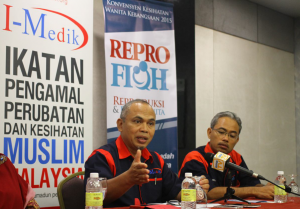
One of the solutions proposed was for hospitals to grant medical practitioners who performed on call duties a day of leave (meaning that they can go home after 8 a.m after their on call). Should the hospital not be able to do that due to staff shortage, the hospital should give some sort of incentive, like a special allowance to the practitioner. Apart from that, there are a few more suggestions to improve the situation:
- Using public transports like taxis/Grabcars/Ubers after their duties end.
- Allowing transportation claims for medical officers who use taxis/Grabcars/Ubers after their duties end.
- Medical officers need to utilize rest periods in the resting rooms provided by the hospital.
- Practicing a short nap before traveling home.
- Asking family members or friends to pick them up if they’re too tired.
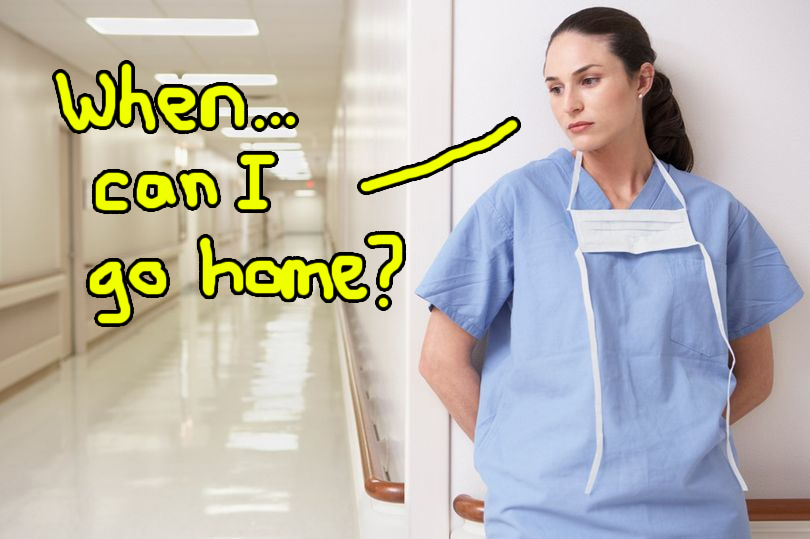
Some doctors suggest a shift system, whether it’s 2 shifts (morning and evening shifts) or 3 shifts (morning, evening and night shifts). With this, the on call system will be abolished.
“This will ensure that no more doctors will have to work for more than 24 hours, consequently reducing fatigue. Doctors will work according to a schedule that divides the hours in a week between doctors equally, including on weekends and public holidays.” – Schee Jie Ping, medical officer, as reported by Malaysiakini.
However, suggestions like the one for a shift system can only be practiced if a hospital have enough staff on hand. Therefore, the best course of action for doctors now is to take care of their own well-beings as well as planning their lives as best as they can, as suggested by I-Medik earlier.
The Ministry of Health isn’t to be fully blamed for this
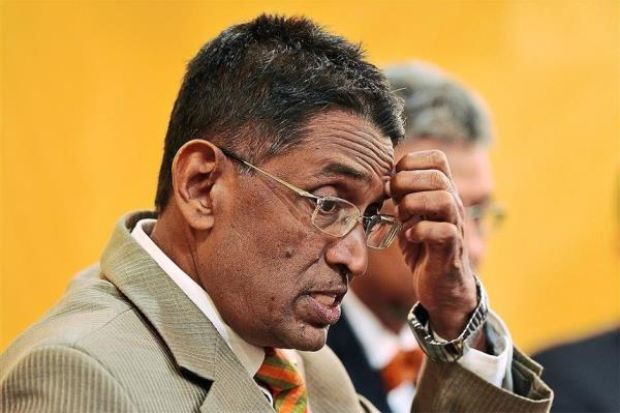
According to reports, between 20 to 30 per cent of housemen weren’t able to finish their training due to work pressure. For now, the ministry tried to act on this by giving counseling sessions as well as career exposures before graduates start their housemanships.
“It’s not fair to 100% blame the Health Ministry, that was acknowledged as one of the best public healthcare providers in the world… this problem can be solved if there is perseverance and commitment from the Health Ministry. They already granted leave for medical officers from the Anesthetics Department after 24 hours of duty.
What the Health Ministry needs to do now is to make sure that there are enough doctors at the main hospitals, so as to give the best service to the community.” – Prof. Dr Azmi Md Nor, President of the I-Medik, in an interview with SOSCILI.
Therefore, it seems that this problem can only be solved by cooperation from all involved parties. Persistence towards that is also important so that it didn’t become a seasonal issue. Losing two doctors with caliber and dedication should be enough for a wake up call, and we do not want the same thing to happen in the future.
[Thank you to Prof. Dr Azmi Md Nor (the President of I-Medik) and Prof Madya Dr Rafidah Hanim Mokhtar (Vice President of I-Medik) for their cooperation in writing this article.]
- 2.5KShares
- Facebook2.4K
- Twitter8
- LinkedIn22
- Email27
- WhatsApp86

